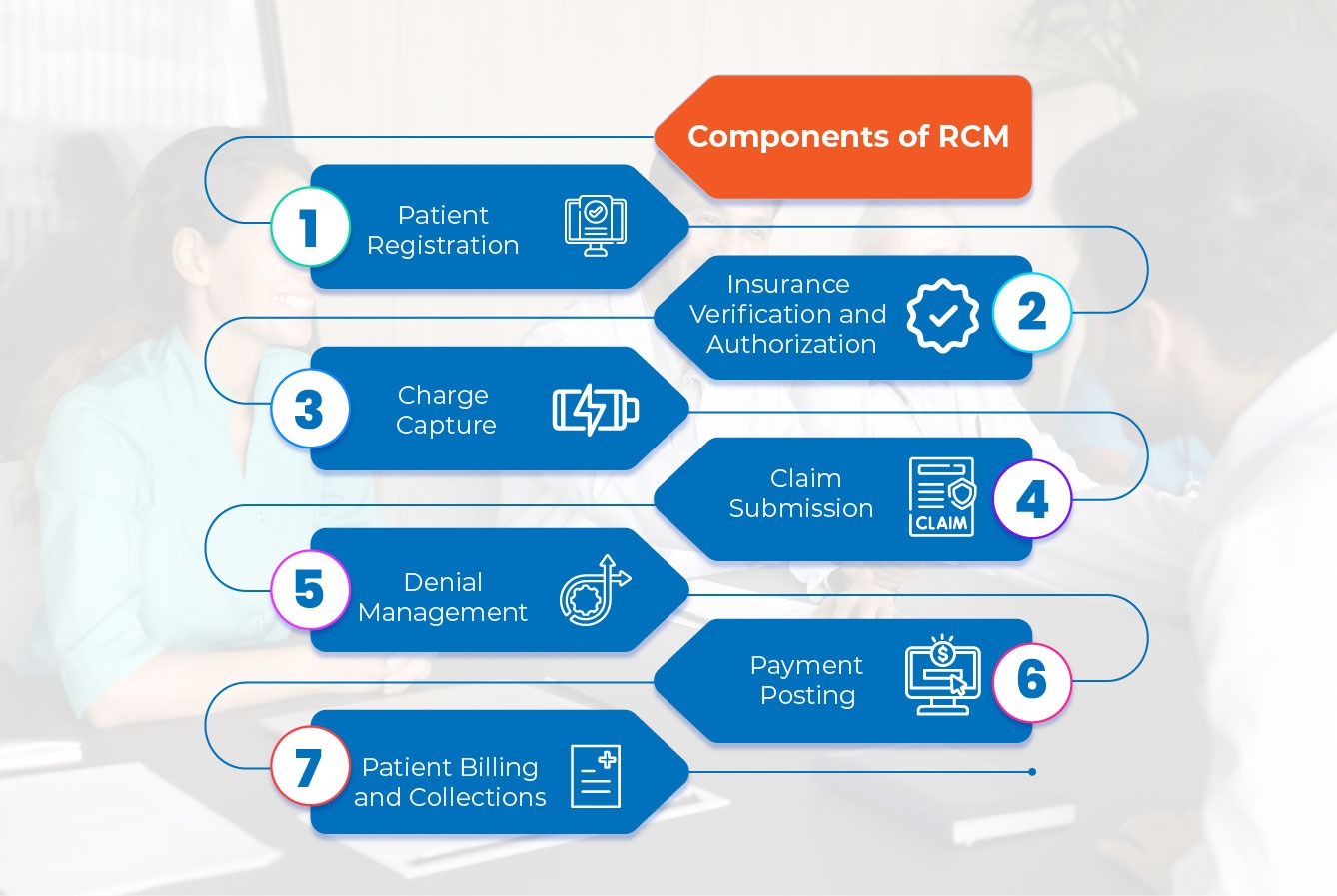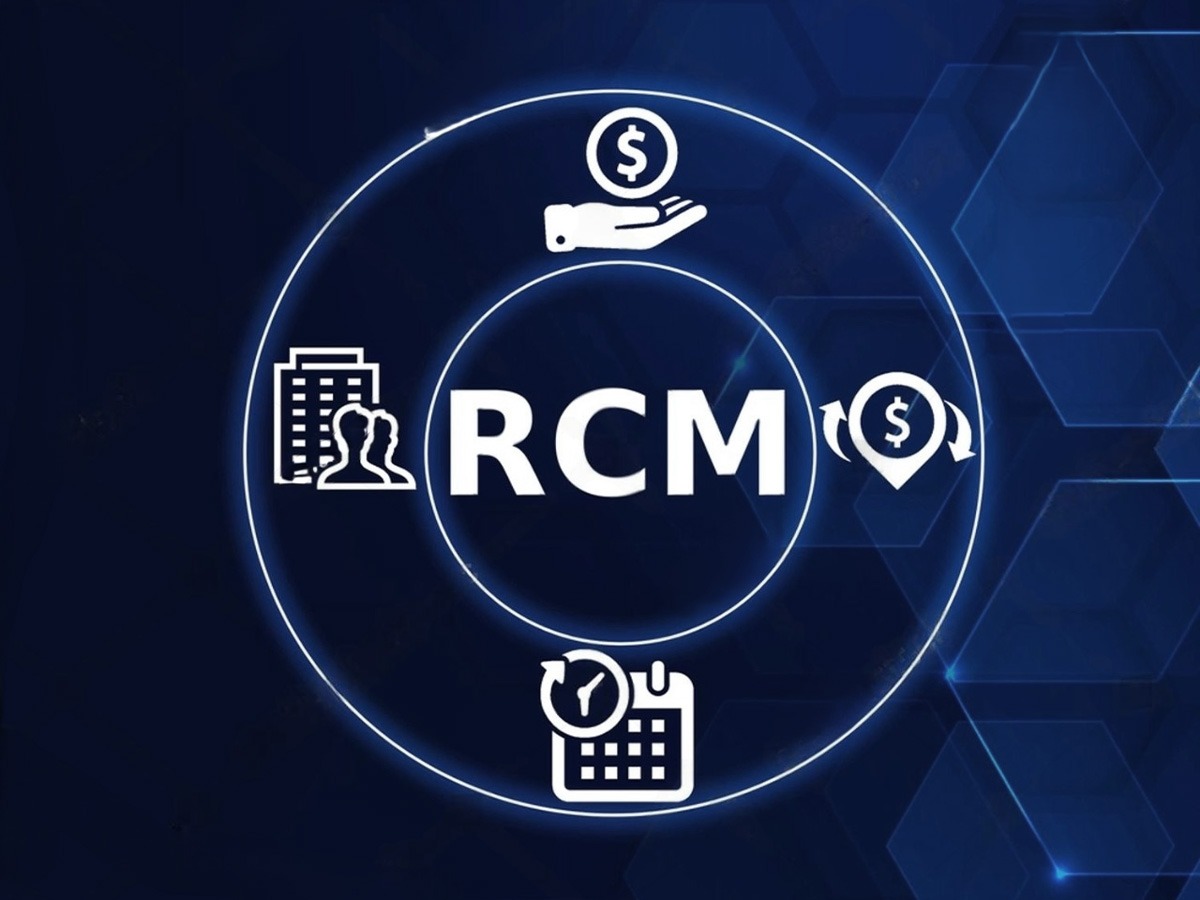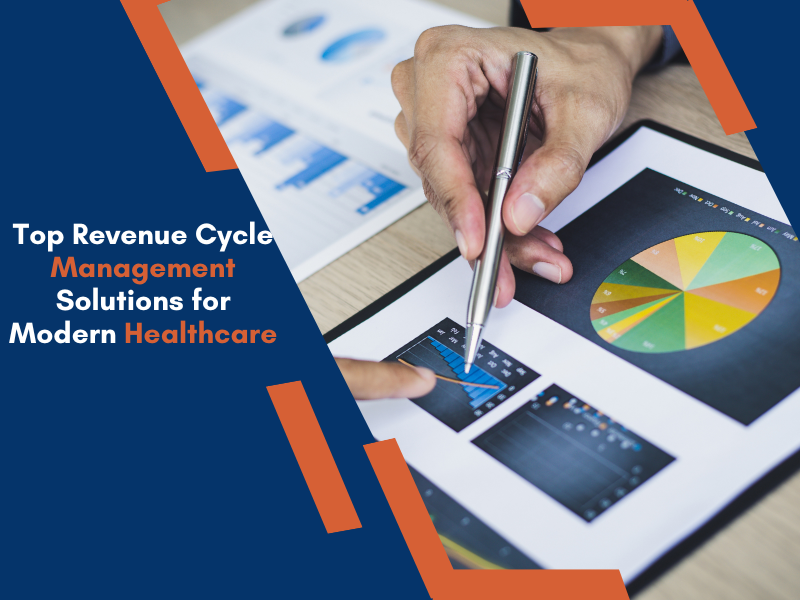In the ever-evolving healthcare industry, managing finances effectively is crucial for the sustainability of any healthcare provider. Revenue Cycle Management (RCM) plays a pivotal role in this aspect, ensuring that the financial flow from patient registration to final payment is seamless and efficient.
However, RCM is complex and often requires specialized assistance to optimize processes, reduce errors, and maximize revenue. This blog delves into what Revenue Cycle Management Assistance is, why it is important, and how it can benefit healthcare providers.
What is Revenue Cycle Management (RCM)?
Revenue Cycle Management is the financial process that healthcare providers use to track patient care episodes from registration and appointment scheduling to the final payment of a balance. It includes the identification, management, and collection of revenue from patients and insurers. The cycle begins with the first interaction between a patient and the provider and continues until the healthcare organization receives full payment for the services rendered.
Components of RCM

The RCM process consists of several key components:
- Patient Registration: Collecting and verifying patient information, including insurance details.
- Insurance Verification and Authorization: Ensuring the patient’s insurance coverage and obtaining necessary pre-approvals.
- Charge Capture: Recording the services provided to the patient.
- Claim Submission: Preparing and submitting claims to insurers for reimbursement.
- Denial Management: Handling and rectifying claims that have been denied by the insurer.
- Payment Posting: Recording payments received and reconciling them with patient accounts.
- Patient Billing and Collections: Issuing statements to patients for amounts owed and managing collections.
Why is Revenue Cycle Management Assistance Important?
Effective RCM is essential for maintaining the financial health of a healthcare practice. However, due to the complexity of the process, many providers struggle with managing it efficiently. This is where RCM assistance comes into play. Here are some reasons why RCM assistance is crucial:
- Complexity of the Process: RCM involves multiple steps and interactions with various stakeholders, including patients, insurance companies, and regulatory bodies. Managing this process requires expertise and up-to-date knowledge of industry regulations.
- Avoiding Errors: Errors in coding, billing, or claim submission can lead to delays in payment or even denials. RCM assistance helps minimize these errors, ensuring a smoother process.
- Improved Cash Flow: Timely and accurate billing and collections are critical for maintaining a steady cash flow. RCM assistance can help optimize these processes, leading to faster payments and improved financial stability.
- Focus on Patient Care: By outsourcing RCM tasks, healthcare providers can focus more on patient care rather than getting bogged down by administrative tasks.
- Regulatory Compliance: The healthcare industry is heavily regulated, and staying compliant with the latest regulations is essential to avoid penalties. RCM assistance ensures that your practice is always in compliance with the latest standards.
Benefits of Revenue Cycle Management Assistance
Engaging with a professional RCM assistance service can bring several benefits to your healthcare practice:
- Increased Revenue: With optimized billing and collections processes, your practice can see a significant increase in revenue.
- Reduced Operational Costs: Outsourcing RCM can reduce the need for in-house staff and the associated costs, leading to overall savings.
- Enhanced Efficiency: RCM professionals are trained to handle the complexities of the process, leading to quicker resolution of issues and faster turnaround times.
- Better Decision-Making: With accurate financial data at your fingertips, you can make more informed decisions about the future of your practice.
- Patient Satisfaction: Efficient RCM processes lead to fewer billing errors and disputes, which in turn lead to higher patient satisfaction.

Choosing the Right RCM Assistance
When choosing an RCM assistance provider, it’s important to consider their expertise, technology, and track record. Look for a provider that offers:
- Comprehensive Services: Ensure they cover all aspects of RCM, from patient registration to final payment.
- Advanced Technology: The provider should use the latest software and tools to ensure accuracy and efficiency.
- Proven Results: Check for testimonials or case studies that demonstrate their success in improving revenue and reducing costs.
Conclusion
Revenue Cycle Management is a critical aspect of any healthcare practice, and getting it right is essential for financial success. Revenue Cycle Management assistance can help healthcare providers navigate the complexities of the process, reduce errors, and ultimately increase revenue. By choosing the right RCM partner, you can ensure that your practice remains financially healthy while allowing you to focus on what matters most—providing excellent patient care.





